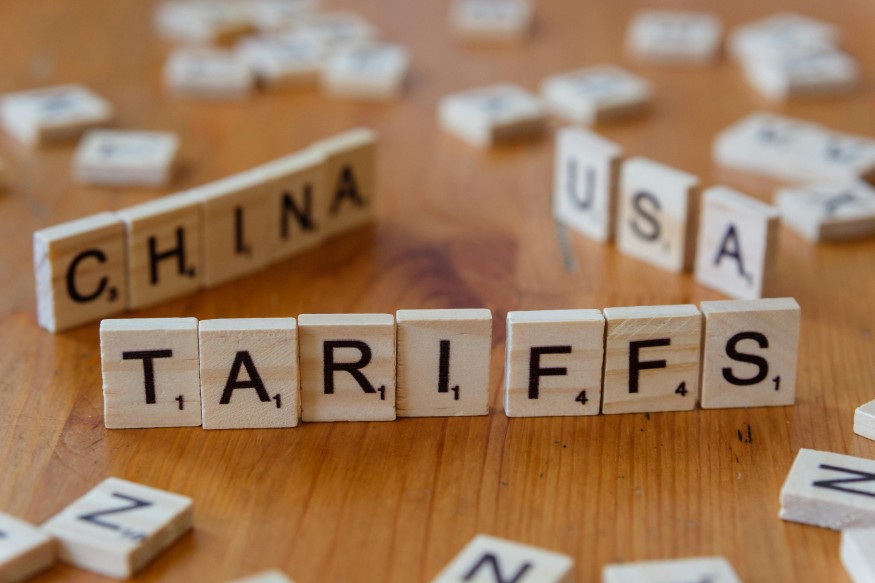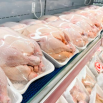
A long-time grocery store in Bradenton, Florida, may soon shut its doors after more than 40 years in business, and the owner says rising import tariffs are to blame.
John Wong, who co-founded Wong Kai Imports with his brothers after moving to the United States from Hong Kong, said new trade rules have pushed his store to the edge.
Wong, who voted for President Trump in 2024, said he never expected the costs to rise so quickly.
Wong told NPR that tariffs have forced him to raise prices by as much as 35%, making it hard for families to afford the Asian food items his store brings in.
He said the business that once helped his immigrant family thrive is now struggling to survive. "Is that American dream? I don't think so," he said.
The store, well-known in the Bradenton area, imports cooking essentials from China, the Philippines, Thailand, and Vietnam, TotalNews reported.
But those countries face some of the highest tariffs under the expanded trade rules this year. Wong said customers often stop him in the aisles to beg him to keep the store open. "They told me, 'Mr. Wong, don't close.' I said, 'I'll try, but it's hard.'"
“I Supported Trump, But My 43-Year-Old Grocery Store Is Bankrupt Because of His Tariffs and Policies”
— Da_Skeptunes👉🏽@daskeptunes.bsky.social (@Robin_Volpi) November 18, 2025
A family-run grocery store in Florida may soon close its doors after more than four decades in business. #repost
"Asians learning in real time how their anti -Blackness hurts… pic.twitter.com/ylYHLGo1ua
White House Defends Tariffs as Florida Store Struggles
A White House spokesperson defended the policy, explaining that the purpose of the tariffs is to pressure foreign exporters to take on the additional costs rather than placing the burden on American consumers.
The spokesperson said the administration believes the tariffs will support new trade deals, encourage companies to invest in the US, and help businesses grow.
Last week, the administration announced plans to remove tariffs on products from four Latin American countries, including bananas, coffee, and some textiles. But those changes do not affect the goods Wong sells.
He said his suppliers are raising prices across the board, leaving him with no options.
According to the NYPost, one popular sauce used for spicy tofu jumped from $2.75 to $5 in just a year, a change he said makes "no sense" for a small store trying to keep regular customers.
Many local shoppers say losing the store would be painful. One customer, Marilyn McKibben, told NPR she buys everything from rice to sampalok there, foods she uses to cook Filipino dishes for her family. "That's why I'm so sad," she said.
Tariffs on Asian imports now range from about 19% to 45%, depending on the country, making it even harder for small retailers like Wong to keep prices low.
Originally published on vcpost.com















